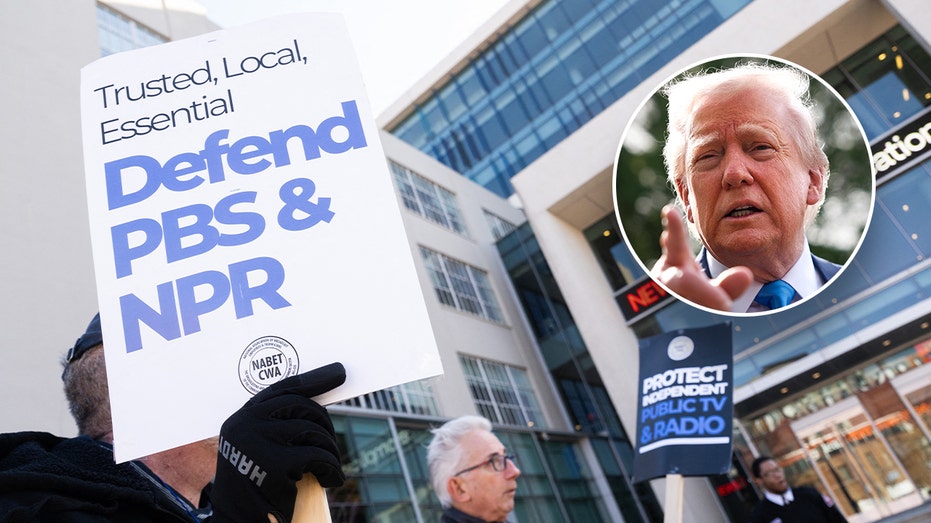PBS and NPR Blast Trump Executive Order Cutting Public Funding, Promise Legal Battle

Sarah Johnson
May 2, 2025
Brief
PBS and NPR vow legal action after Trump signs executive order to halt federal funding, igniting a fierce battle over public broadcasting and free press rights.
PBS and NPR are coming out swinging after President Donald Trump issued an executive order late Thursday to halt federal funding for the two public broadcasting giants. Both organizations quickly denounced the move as "blatantly unlawful" and signaled they’re gearing up for a serious legal fight.
Paula Kerger, president of PBS, made it clear that the network is exploring every possible avenue to keep serving educational content to Americans, something it’s been doing for over half a century. NPR echoed the sentiment, vowing to "vigorously defend" its right to provide news and essential services, and promising to challenge the executive order using every tool at its disposal.
NPR pushed back on the White House rationale, pointing out that public broadcasting eats up less than 0.0001% of the federal budget. According to NPR, this isn’t about cutting costs—it’s about the First Amendment and the ability of local stations to offer programming tailored to their communities. For anyone keeping score, it seems like the government spends more on office coffee than on public radio.
The executive order directs the Corporation for Public Broadcasting (CPB) and related agencies to cut off all direct and indirect federal funding to NPR and PBS, including grants to local affiliates. However, with the CPB funded two years ahead, the impact isn’t immediate, and a legal showdown is almost certain.
Trump’s order argues that taxpayer-funded media is outdated and undermines the appearance of journalistic independence. It also insists that, if public dollars are used, they should only support "fair, accurate, unbiased, and nonpartisan news coverage"—a pretty tall order in today’s media landscape.
This move is just the latest in an ongoing feud between Trump and the public broadcasters, whom he’s accused of pushing a progressive agenda. The White House, not shy about its intentions, said on X that it was "ending the taxpayer subsidization of NPR and PBS— which receive millions from taxpayers to spread radical, woke propaganda disguised as ‘news.’"
PBS and NPR leaders, including CEO Katherine Maher, have previously defended their organizations before Congress, facing questions about bias and the appropriate use of taxpayer funds. The CPB currently allocates around $535 million annually to support public television and radio, with NPR indicating that only about 1% of its budget comes directly from the feds, and 8-10% flows to member stations via the CPB.
Some, like former NPR editor Uri Berliner, have argued that NPR should just refuse federal funding altogether, sidestepping accusations of political bias and proving its independence once and for all. Berliner made headlines for his criticisms of NPR’s editorial choices, suggesting that turning down government support would be a bold—and rare—move in American media.
As the dust settles, local affiliates like Atlanta’s WABE are already appealing to listeners for donations, warning that cuts could jeopardize their essential services. The fight over public media funding is far from over, and if history’s any guide, expect more plot twists than a PBS Masterpiece drama.
Topics
Editor's Comments
If the federal government spent as much time funding radio as it does arguing about it, we’d have a public broadcaster on every block. Maybe next up: a reality show called 'Survivor: CPB Edition'—last station standing gets to keep the tote bags.
Like this article? Share it with your friends!
If you find this article interesting, feel free to share it with your friends!
Thank you for your support! Sharing is the greatest encouragement for us.



